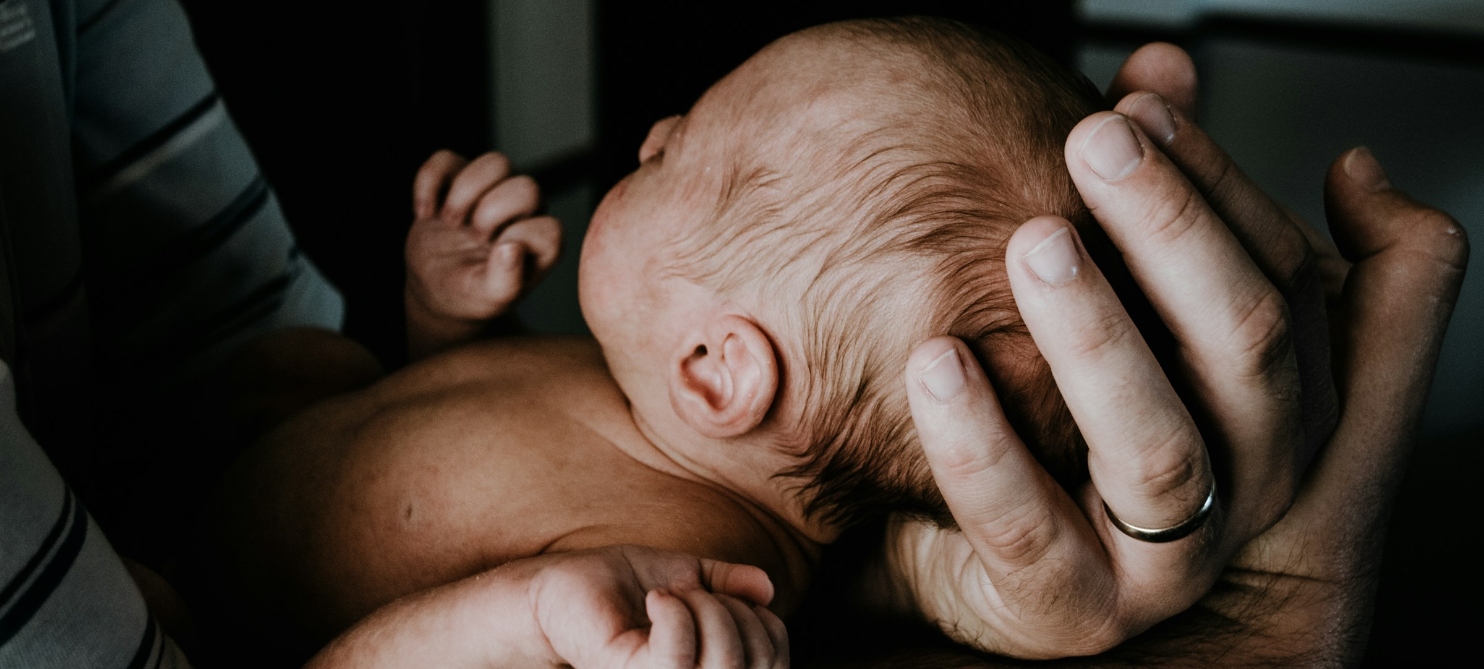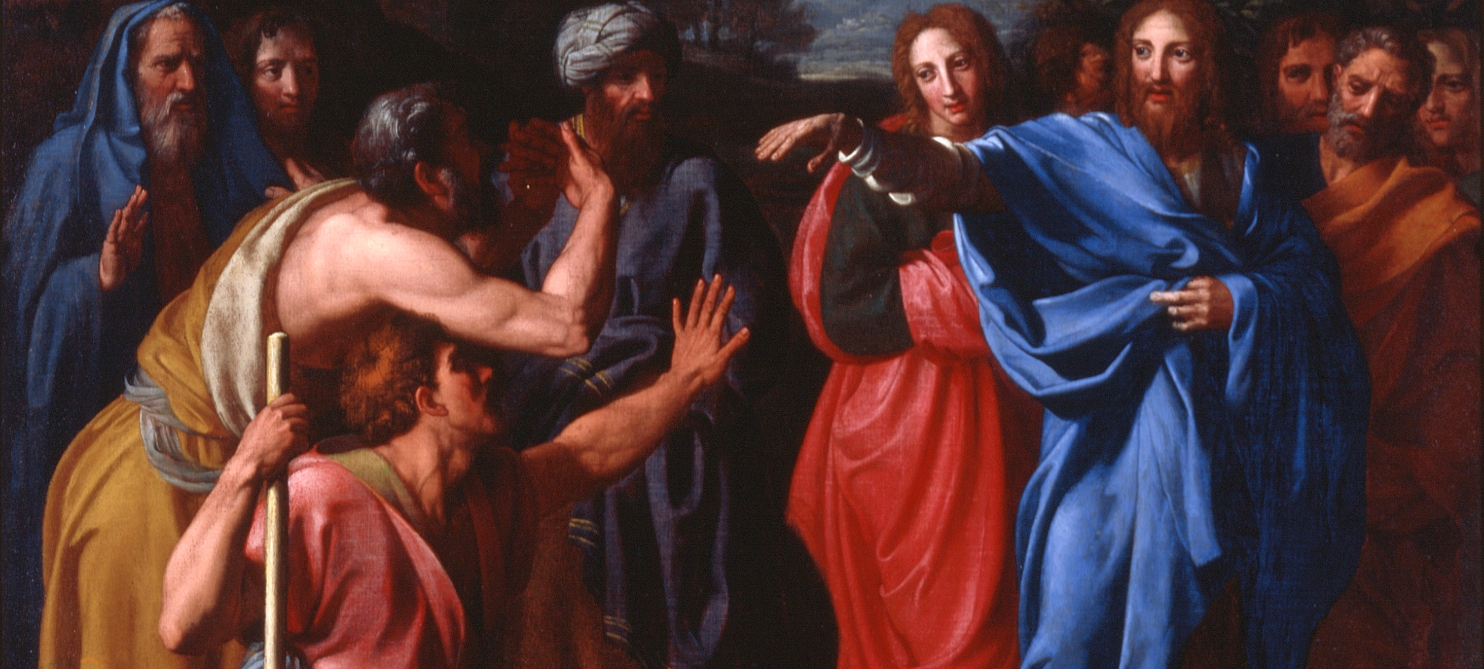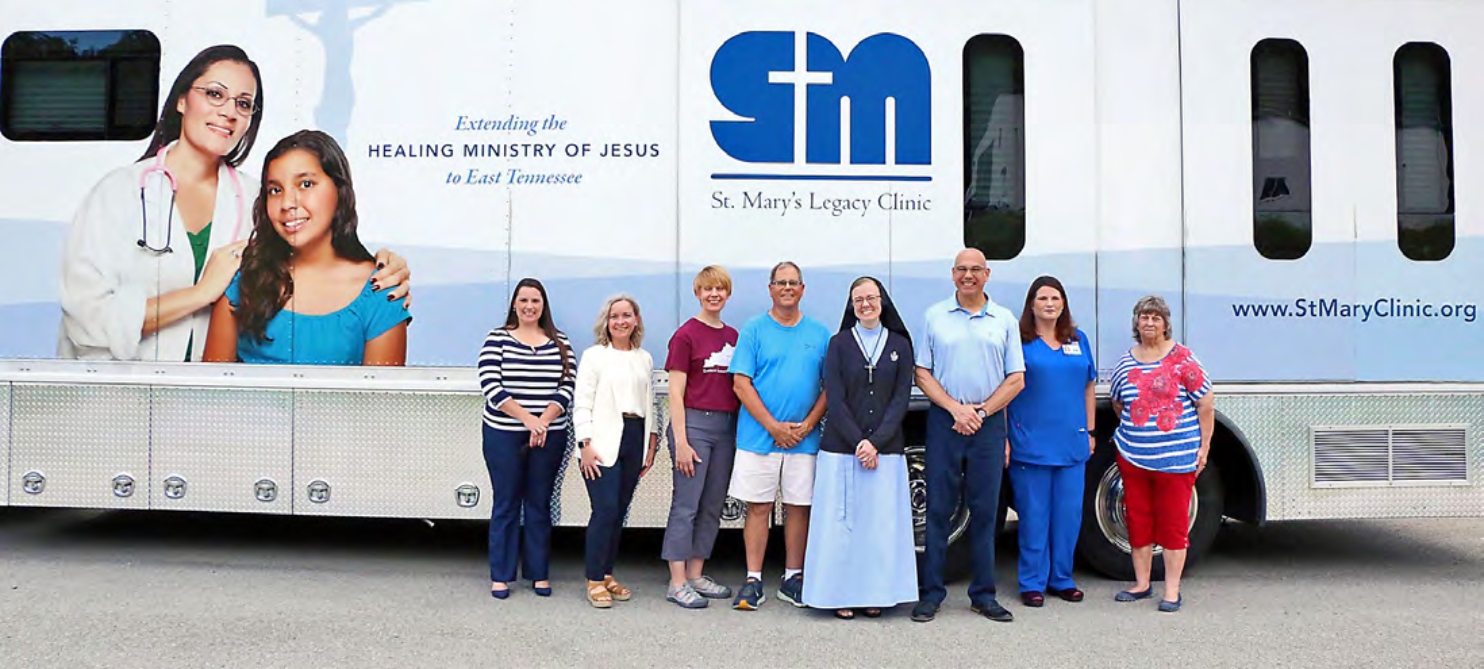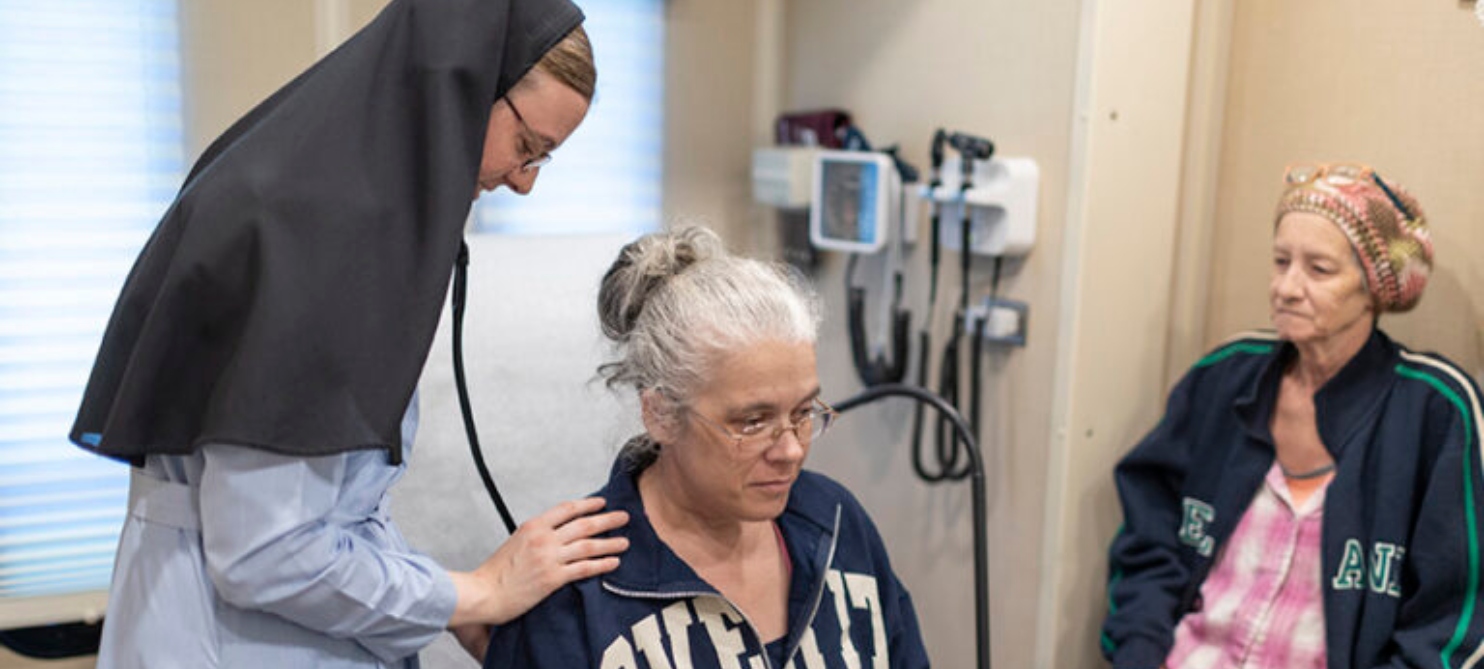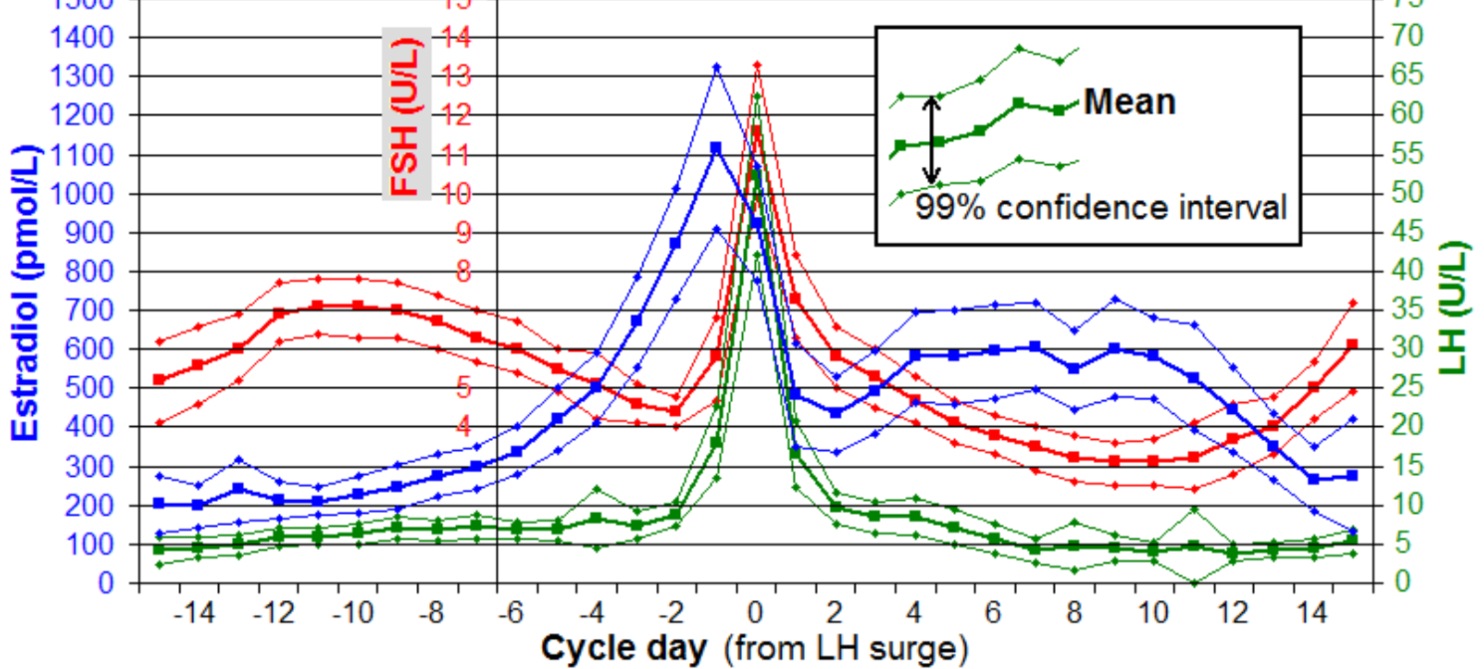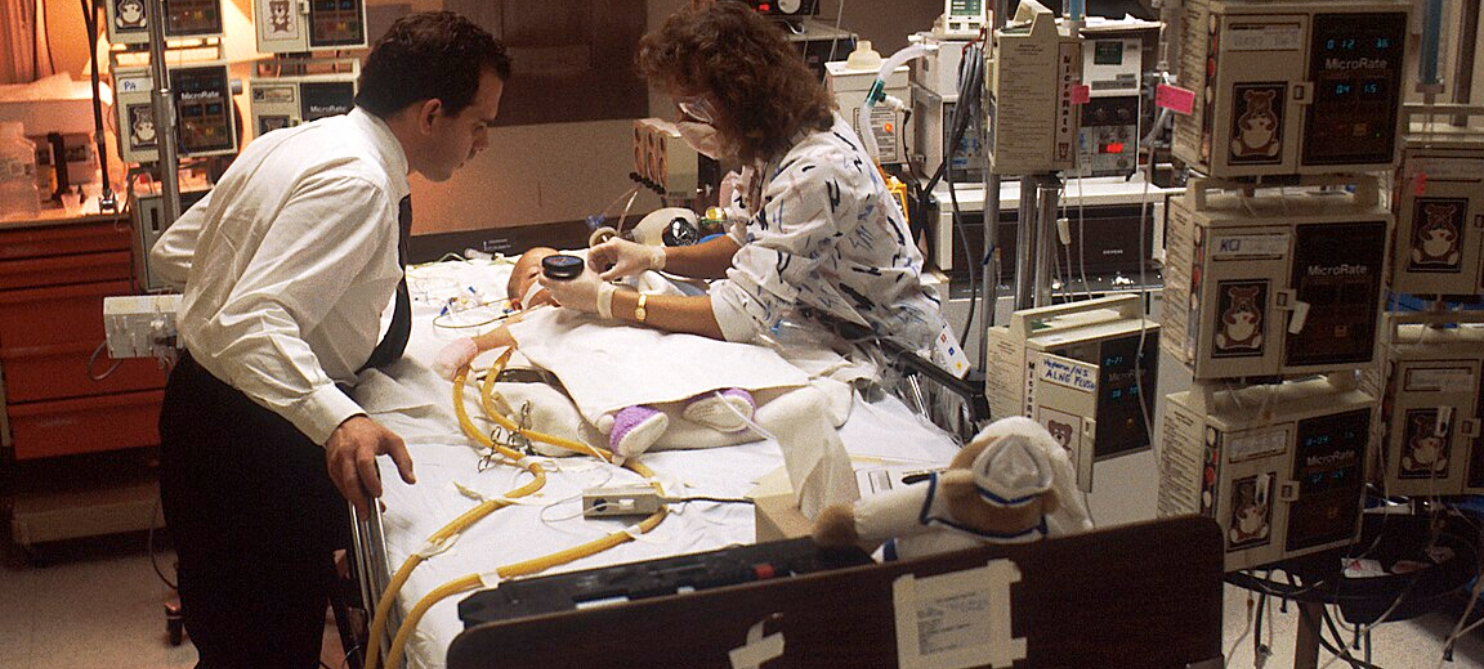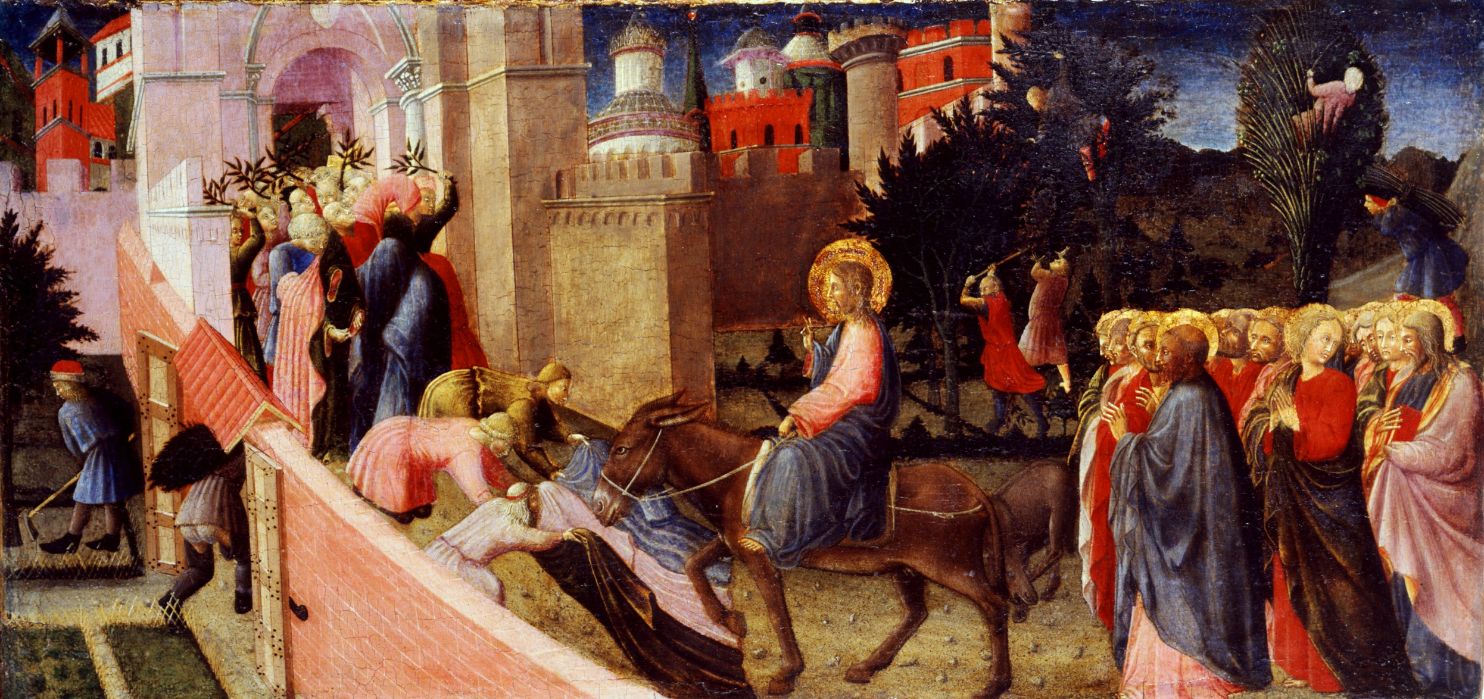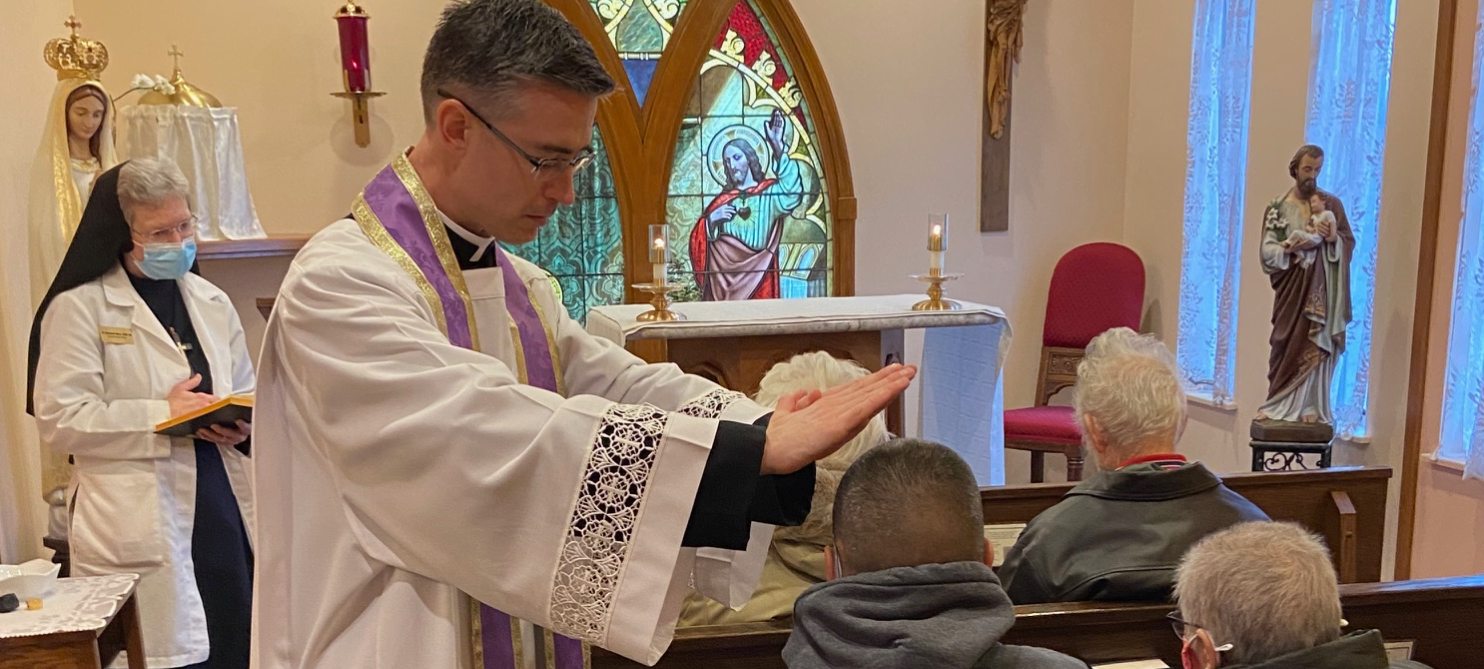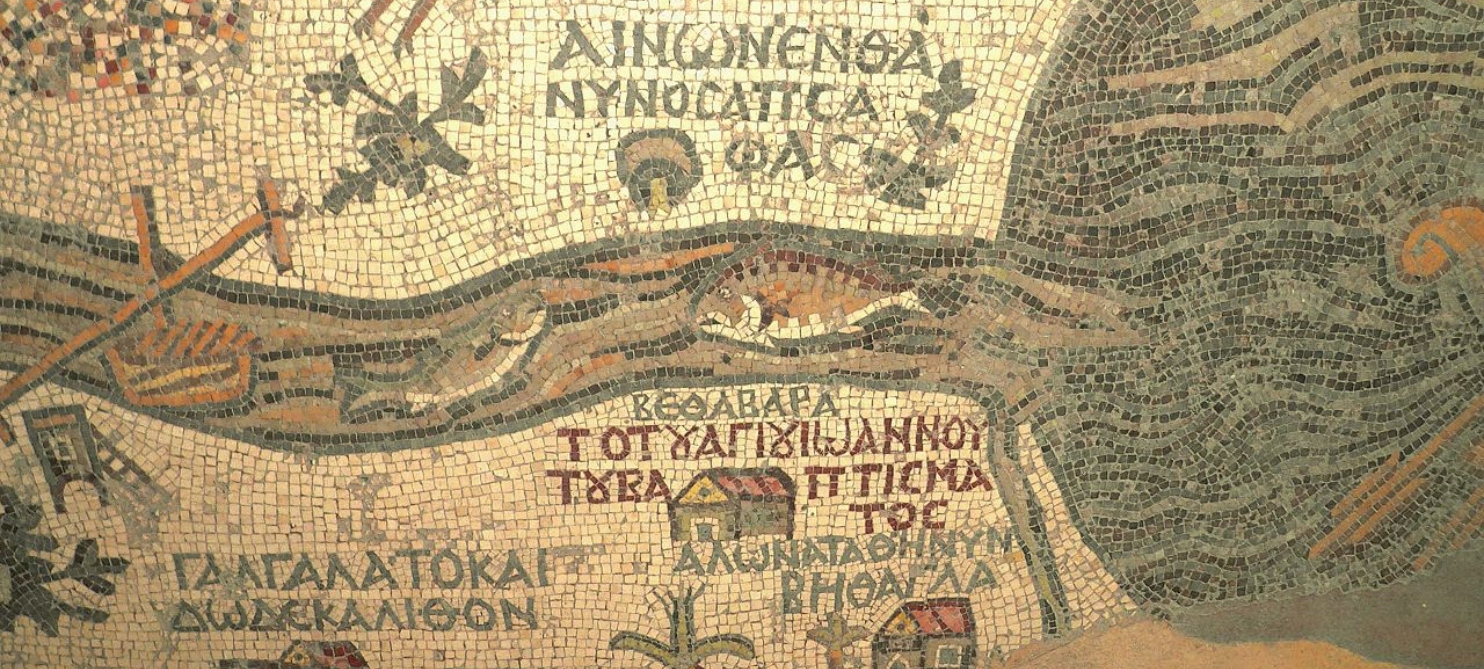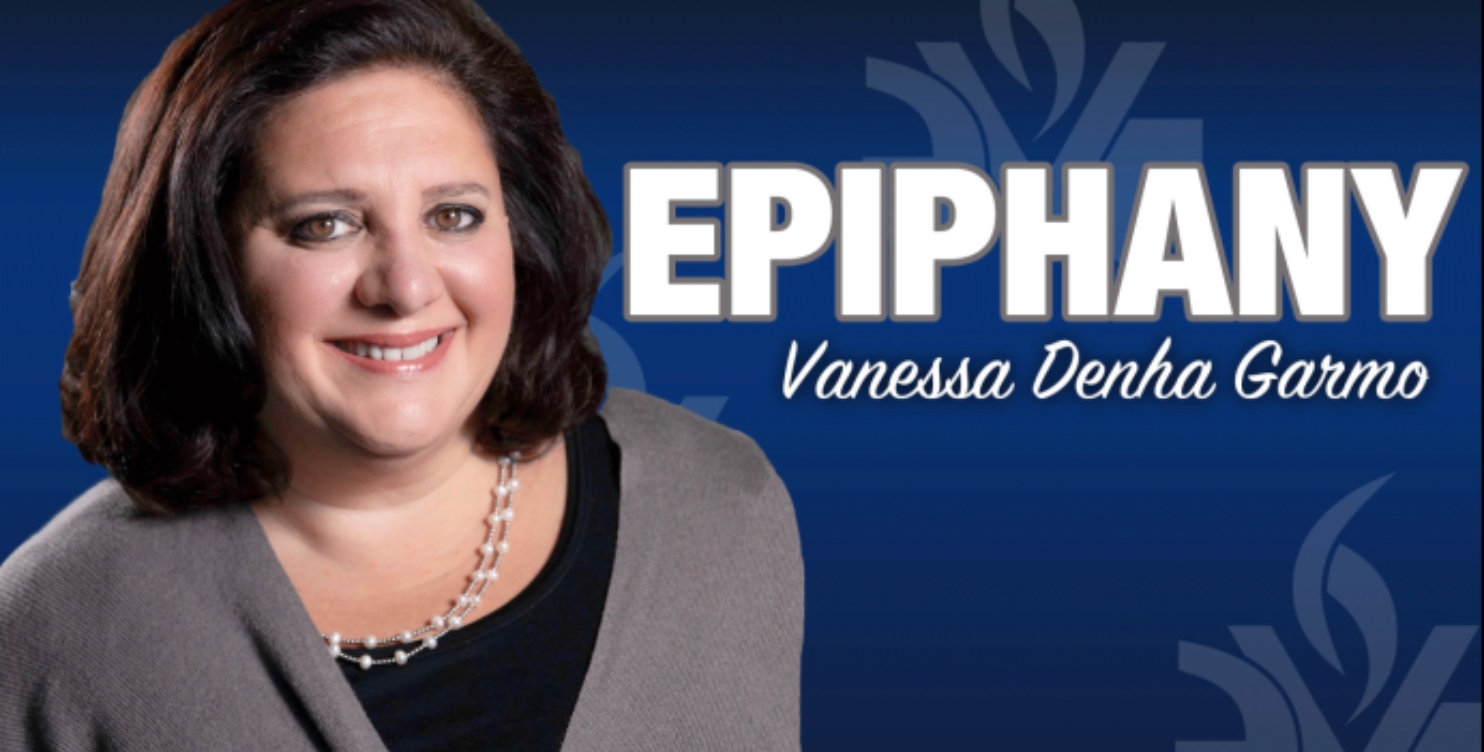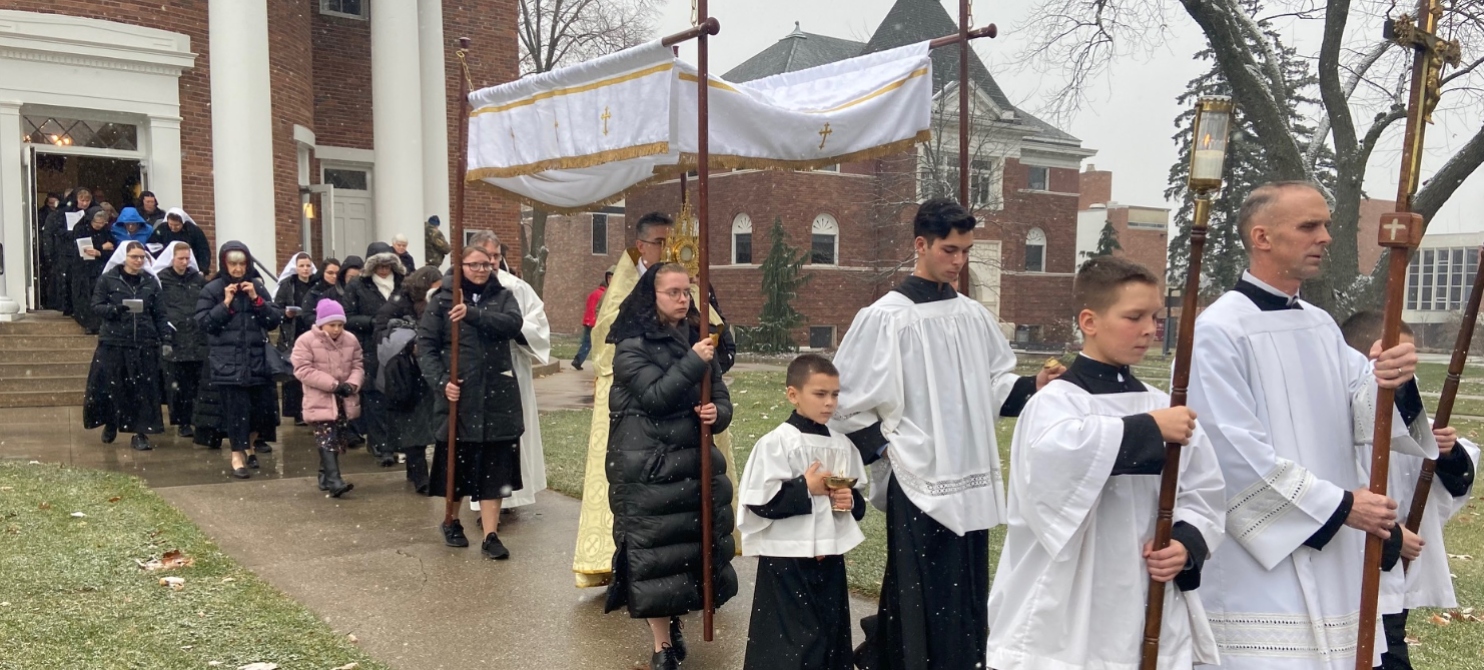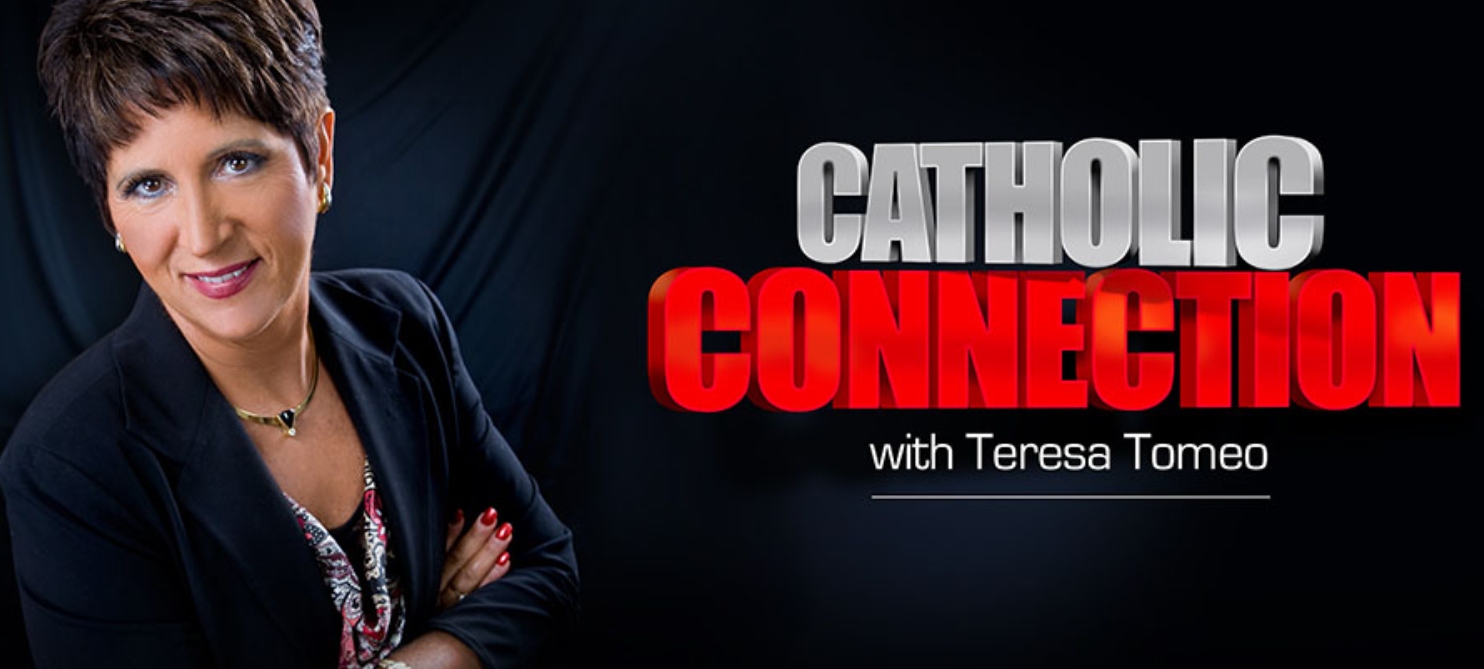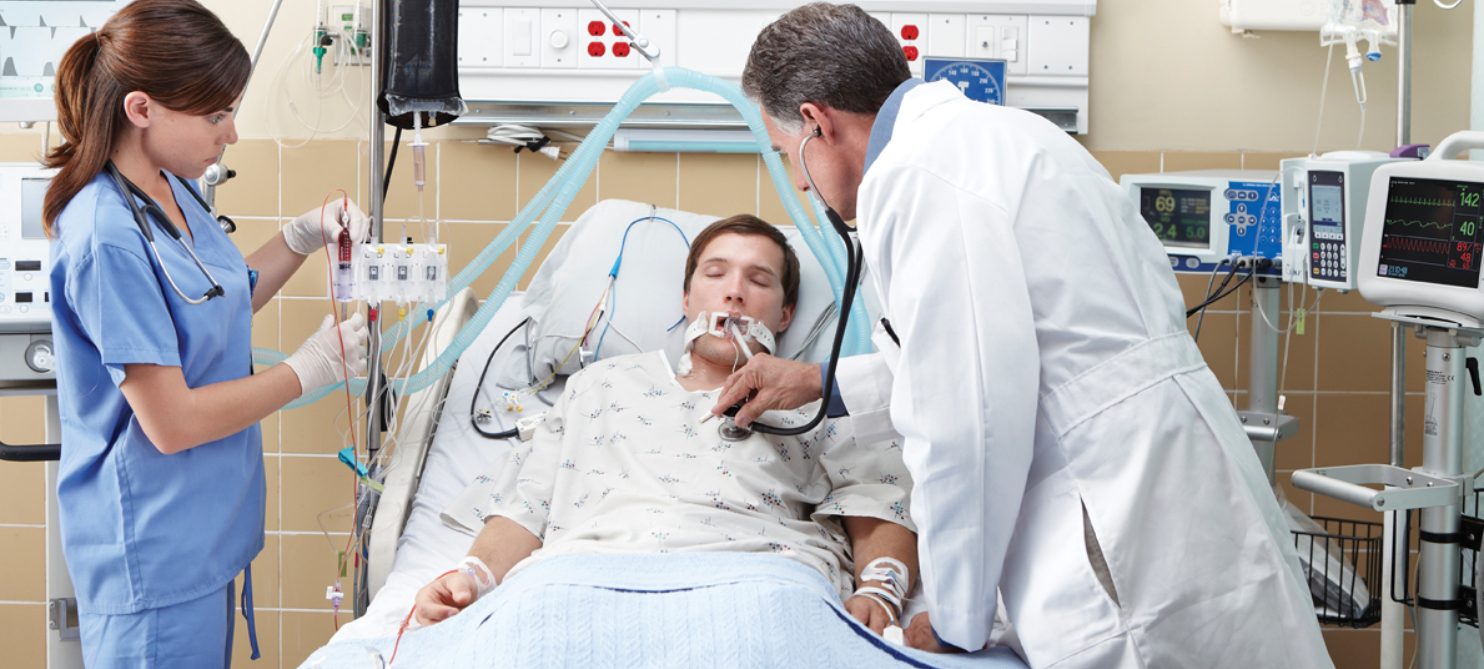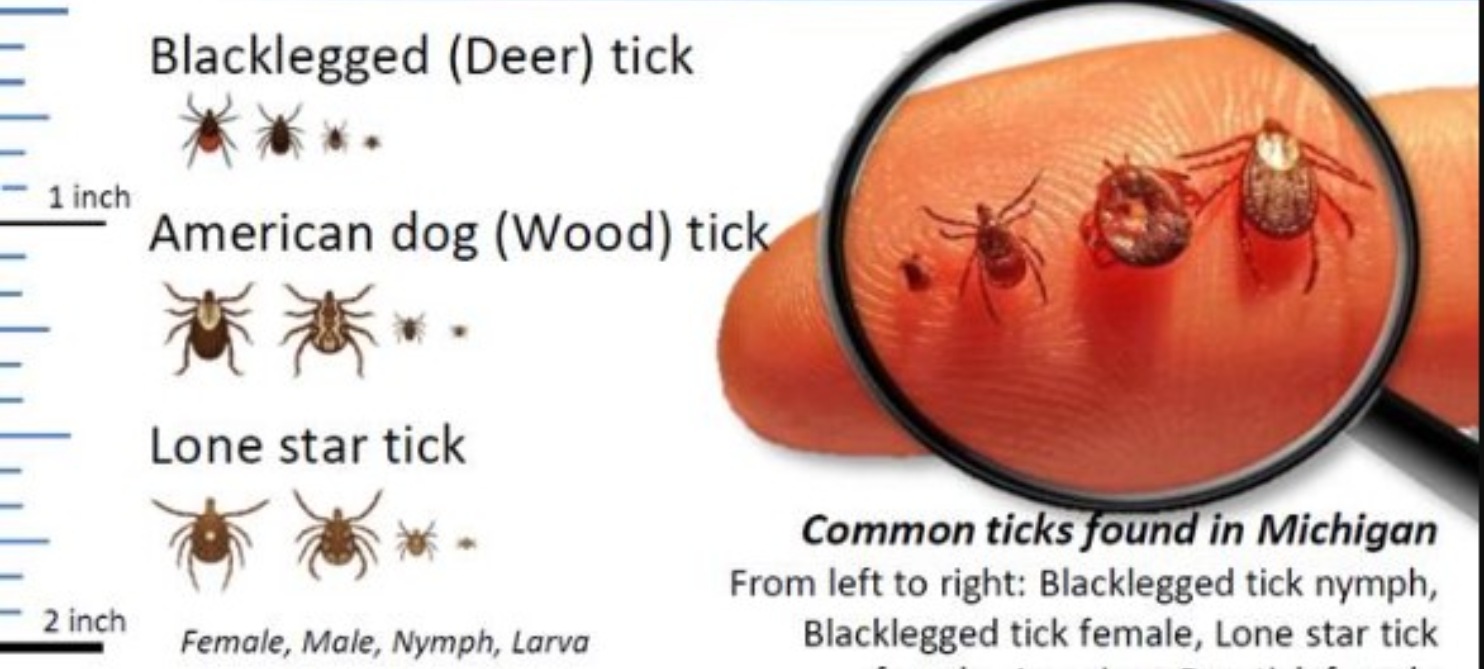I write to you from a “mandatory quarantine” hotel in Australia. Having been assigned to serve in my home country, upon my arrival I was placed in quarantine due to COVID-19 restrictions. In this quarantine situation, you receive three meals a day, delivered to your room, since you are not allowed to go out. At supper time on my first night, I heard an enthusiastic doorbell, knocks, and a voice crying out “dinner”. For a split second I thought my life had been reduced to expecting meals three times a day! But there is so much more to life than this. We are made for so much more! This includes making choices about how we handle everyday decisions and choose how we are going to act within the situations presented to us in life.
Man created as a “rational being”
In the Catechism of the Catholic Church, we read that “God created man a rational being, conferring on him the dignity of a person who can initiate and control his own actions….Freedom is the power, rooted in reason and will, to act or not to act, to do this or that, and so to perform deliberate actions on one’s own responsibility.”(CCC 1730–1731).[i] This is one of the greatest gift we have as human beings – we can deliberately make choices through reasoning! I can choose to eat because it is satisfying my hunger and not because someone is ringing the doorbell with food being delivered! Likewise in medicine, we choose to take medications or the advice from my healthcare professional because it is good for me.
What is Shared-Decision Making?
Over the past decades, we see an increasing trend of “shared-decision making” in the medical world. In simple terms, shared-decision making is a process where the provider and the patient participate together in the decision making of the patient’s health, through decisions of the options of management including the benefits and the harms, and consideration of patient’s whole well-being and circumstances.[ii] This is more than informed consent because the patient is invited and expected to converse in a dialogue to reach an agreed decision. For example, if you have high blood pressure, the provider may discuss with you the significance of those blood pressure readings and what options of management are available. For example, if you were to start medications, what would be your options and the pros and cons of each. Then, ultimately, with this shared-decision making, you can say, I choose to take my blood pressure medication and follow a healthier diet because I choose to, based on my reasons after intelligently assessing my options.
Increase participation in the shared-decision making process
Some of the ways to increase participation in this shared-decision making process include:
– Choose to engage in an honest conversation with your provider. If you do not understand the diagnosis or the purpose of a particular screening recommendation, ask for clarification.
– Express your values and concerns. For example, if you want to continue to provide shared family meals with your family but you don’t know how that is possible with your new diet restriction, speak up so your provider can help navigate this dietary challenge.
– Speak about your goals and desires. This is particularly important with life-threatening diseases or advanced care planning.
– At some point, make a decision and act on it! Your provider will assist you with providing the information and sometimes you do not need to make an immediate decision, for example in cancer screening.[iii] But eventually one needs to make a choice and follow it through. Not making a decision is practically choosing “no action”. This is not in keeping with the meaning and dignity of being a human, where we can actively make a choice because we can think, and because we have been given a free will to choose!
In order to develop the ability to make sound decisions and also ask the right questions, we need to develop our reasoning skills and habits of choosing the good. For example, if I have diabetes and keep choosing high carbohydrate meals and large portion sizes, I am choosing to satisfy my tastebuds instead of taking care of my body so I can reduce complications of diabetes. The pleasure of food is good, but the pleasure of health and a responsible lifestyle is better.
Do I need more information to make an informed decision?
So, the next time you see your provider and you need to make a decision, ask yourself: Do I need more information to make an informed decision? Sometimes, there is so much information out there that we providers may summarize too much. We also might not spend enough time on a particular issue that is more of a concern for you. Just like any relationship, we can build more trust and understanding only by clarifying our questions. Let us help you if you have questions. After all, there is a life of learning to be had in the medical world.[iv]
[i] “Freedom and Responsibility.” PART THREE: LIFE IN CHRIST; SECTION ONE: MAN’S VOCATION LIFE IN THE SPIRIT; CHAPTER ONE: THE DIGNITY OF THE HUMAN PERSON; Article 3: MAN’S FREEDOM; I. Freedom and Responsibility. Catechism of the Catholic Church – IntraText. Accessed May 6, 2021. http://www.vatican.va/archive/ENG0015/_P5N.HTM.
[ii] Hoffmann, T. Et al. (2014). Shared decision making: what do clinicians need to know and why should they bother? Med J Aust 2014; 201 (1): 35-39. || doi: 10.5694/mja14.00002
[iii] Foran, John E. (2005) “The Human Act and Medical Practice,” the Linacre Quarterly: Vol. 72
No. 1, Article 7. Available at: http://epublications.marque e.edu/lnq/vol72/iss1/7
[iv] Schrager S, Phillips G, Burnside E. (2017) A simple approach to shared decision making in
cancer screening. Family Practice Management. May/Jun 2017;24(3):5-10.
Posted May 20, 2021

